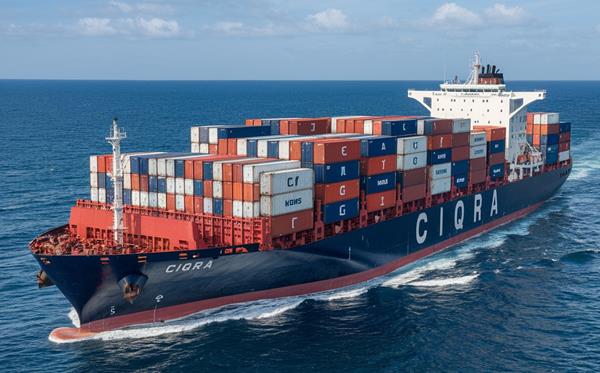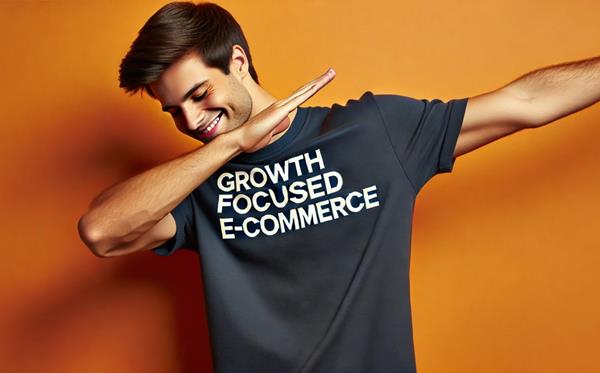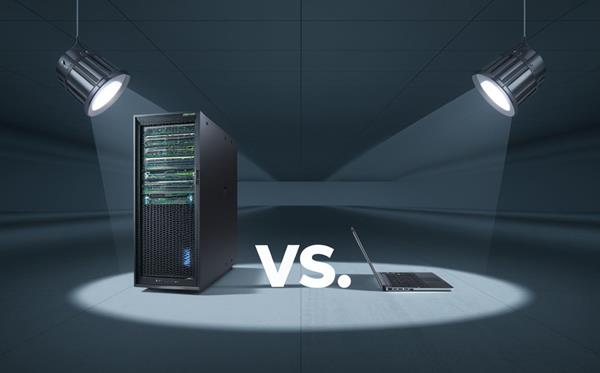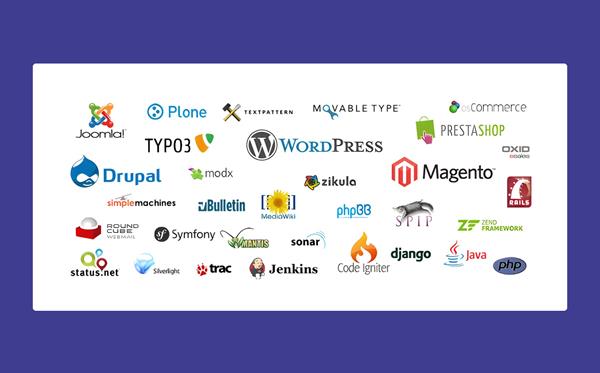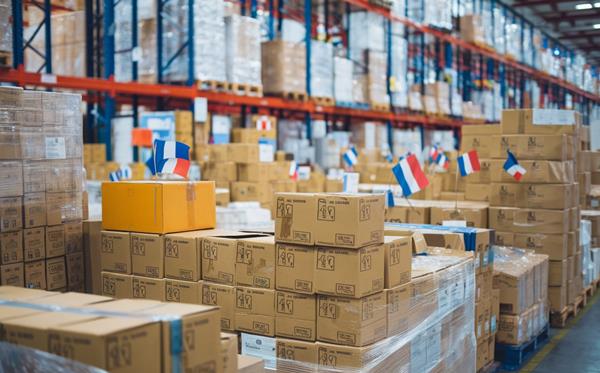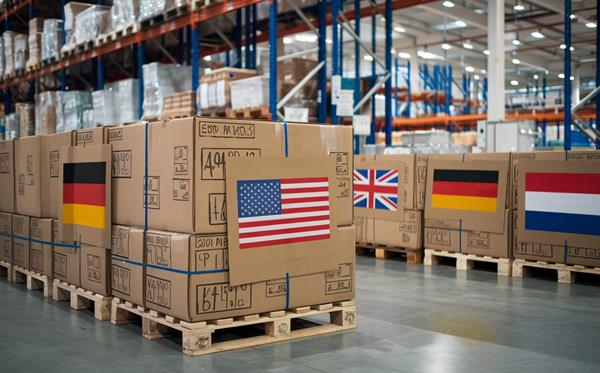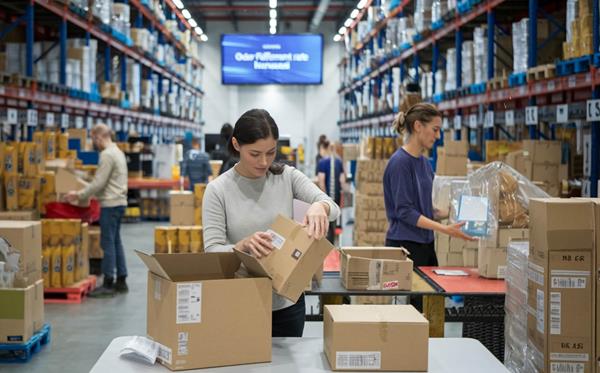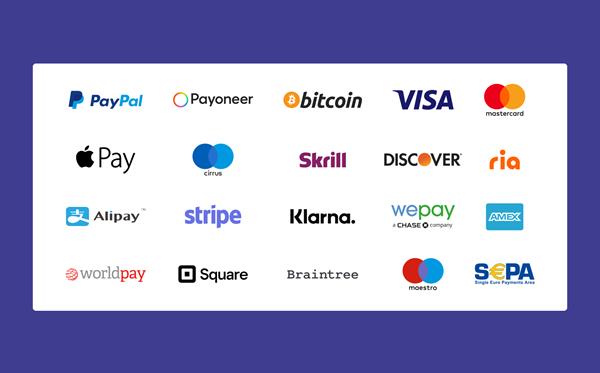The Latest Trends in E-Commerce and What to Expect in 2025

The Rapidly Changing World of E-Commerce The e-commerce sector is undergoing a massive transformation, driven by advancing technology and evolving consumer habits. As we move toward 2025, keeping up with these trends is crucial for businesses to stay competitive and thrive. Here are some of the most influential trends that emerged in 2024 and are expected to make a greater impact in 2025, along with the opportunities they bring.
1. Personalization Through AI and Machine Learning
2024-2025 Trends
Personalized customer experiences are now a staple of the e-commerce industry. AI and machine learning analyze customers' purchase histories to offer recommendation systems, tailored promotions, and personalized product suggestions.
Statistics
Research shows that personalized e-commerce websites have, on average, a 20% higher conversion rate. McKinsey reports that personalization can boost company revenue by 5% to 15%.
Forecast
By 2025, 80% of e-commerce sites are expected to offer personalized user experiences.
2. The Rise of Sustainability and Ethical Shopping
2024-2025 Trends
Sustainability and eco-friendly products are increasingly important to consumers. People are gravitating towards products with low carbon footprints and environmentally-conscious production processes.
Statistics
A Nielsen survey found that 73% of consumers are willing to buy from brands that prioritize sustainability.
Forecast
By 2025, eco-friendly packaging and carbon-neutral delivery options will become standard for e-commerce companies.
3. Interactive Shopping with Augmented Reality (AR) and Virtual Reality (VR)
2024-2025 Trends
With advances in AR and VR technology, users can now experience products virtually online. In sectors like fashion, home decor, and beauty, AR provides a unique shopping experience by enabling virtual product trials.
Statistics
Shopify reports that AR-enabled product pages see 94% higher conversion rates.
Forecast
By 2025, 60% of major e-commerce platforms are expected to offer AR and VR-supported product displays.
4. Voice Shopping and the Convenience of Voice Assistants
2024-2025 Trends
Shopping via voice assistants (like Alexa and Google Assistant) is becoming increasingly common, changing consumer habits significantly with its convenience.
Statistics
Global voice shopping volume exceeded $40 billion in 2023, with projections of reaching $80 billion by 2025.
Forecast
By 2025, voice shopping is expected to grow by 30%, particularly in the fast-moving consumer goods category.
5. Fast and Reliable Delivery Solutions
2024-2025 Trends
In e-commerce, delivery speed has become a major factor in customer satisfaction. Innovative solutions such as same-day delivery and drone deliveries are expected to grow by 2025.
Statistics
PwC research reveals that 45% of consumers prioritize fast delivery.
Forecast
By 2025, 75% of large e-commerce companies will offer fast delivery options, such as same-day or two-hour delivery.
6. The Power of Social Media and Influencer Marketing
2024-2025 Trends
Social media platforms and influencers play a significant role in helping e-commerce brands reach larger audiences. Consumers can now shop directly through social media.
Statistics
The influencer marketing industry is projected to reach a market size of $25 billion by 2025.
Forecast
By 2025, 70% of e-commerce platforms are expected to integrate social media and influencer-driven sales strategies.
7. Subscription Models and Loyalty Programs
2024-2025 Trends
Subscription models and loyalty programs have become essential strategies for enhancing customer loyalty. Exclusive membership discounts and regular delivery options encourage repeat purchases.
Statistics
The subscription-based e-commerce sector is expected to grow by 70% by 2025.
Forecast
Subscription and loyalty programs are expected to increase, especially in sectors like personal care and food and beverage.
Conclusion: The Future of E-Commerce in 2025
As we move toward 2025, the e-commerce sector will undergo major changes fueled by technological advancements and evolving customer expectations. Personalized experiences, eco-conscious products, and fast delivery solutions will play critical roles for brands looking to stay ahead in a competitive market. For companies, adapting to these trends and providing a superior customer experience is becoming essential.
Sources
- McKinsey & Company, “The Impact of Personalization in E-Commerce”, 2024.
- Shopify, “E-Commerce Conversion Trends with AR”, 2023.
- PwC, “Consumer Trends in E-Commerce Delivery”, 2024.
- Nielsen, “Sustainability and Consumer Behavior”, 2023.
- Statista, “Voice Shopping Market Size”, 2024.








